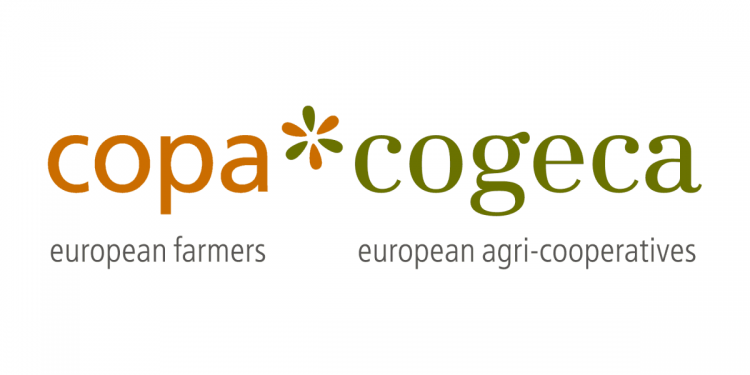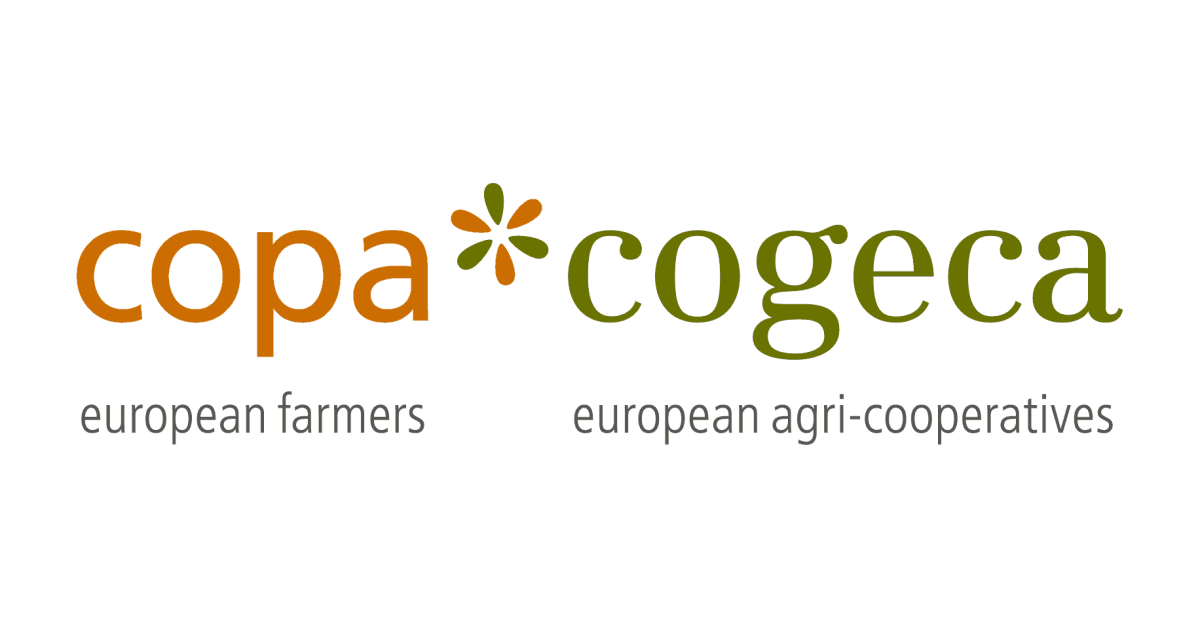We take note of the release of the details concerning the revision of Article 29 of the EU-Ukraine Deep and Comprehensive Free Trade Area (DCFTA) bringing long-term certainty and stability to our trade relations, which is vital for producers on both sides.
However, and although we recognise efforts to strike a balance in extending further concessions to Ukraine, serious concerns remain, particularly concerning the treatment of sensitive sectors. The increase of quotas for poultry (+30 %), eggs (+300 %), maize (+54%), ethyl alcohol (+25%) and especially for sugar (+498 %) and honey (+583%), continue to pose significant challenges for the affected sectors.
The scale of the concession is disproportionate for some of these sensitive agricultural sectors, and leave producers exposed and unsupported, at a time when these sectors are already under pressure from previous and upcoming cumulative trade liberalisation. It is also important to emphasise that the full liberalisations granted raise serious concerns — both immediate, as seen with the mushroom sector already under pressure, and longer-term, particularly for various dairy products that have been fully liberalised.
There are also outstanding questions regarding how market disturbances will be assessed in practice for the activation of safeguard measures. As witnessed during the discussions on Autonomous Trade Measures (ATMs), there was a notable discrepancy between the data presented by the Commission and the lived experience of producers across Member States.
Moreover, greater clarity is needed on how conditionality — particularly in relation to production standards — will be implemented. While Ukraine’s legislative alignment with EU rules is a positive step, especially in the context of the accession process, enforcement under wartime conditions presents serious limitations. Transposing legislation is one thing; ensuring effective implementation and compliance on the ground is quite another.
Following this initial reaction, the undersigned organisations will now, together with their members, undertake a detailed analysis of the agreement’s provisions to better assess its implications.
We remain committed to continued dialogue with the European Commission to ensure that these issues are addressed in a fair, transparent, and workable manner.
Fonte: Copa Cogeca




















































